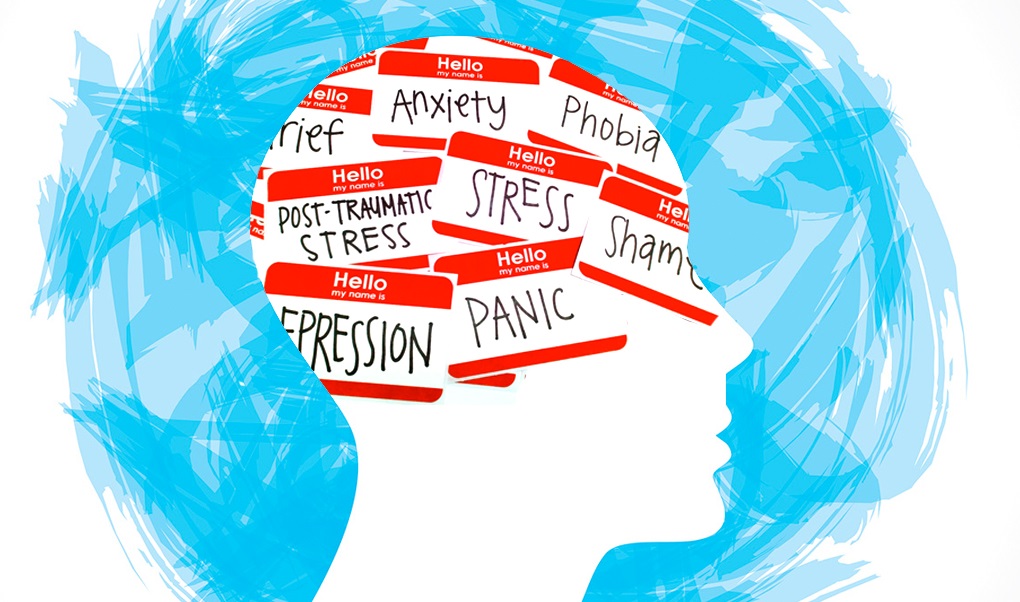In the hustle and bustle of modern life, where technology pervades every aspect of our existence, and urban landscapes dominate our surroundings, there has been a growing recognition of the profound impact nature can have on our mental well-being. As individuals grapple with stress, anxiety, and various mental health challenges, a therapeutic approach that has gained traction is Eco-Therapy, colloquially known as Nature’s Rx. This innovative form of mental health treatment incorporates the healing power of nature to promote emotional well-being, foster personal growth, and alleviate the symptoms of various psychological disorders. Eco-Therapy is rooted in the belief that our disconnection from nature contributes to the rise in mental health issues, and thus, reconnecting with the natural world can be a powerful antidote. Mental health professionals increasingly integrate nature into their therapeutic practices, recognizing the myriad benefits that arise when individuals engage with the outdoors. This therapeutic modality encompasses a diverse range of activities, including wilderness therapy, horticulture therapy, animal-assisted therapy, and even simple activities like nature walks and outdoor mindfulness practices.

Wilderness therapy, a prominent component of Eco-Therapy, involves immersive experiences in natural settings. Participants engage in outdoor activities such as hiking, camping, and survival skills, promoting teamwork and self-reliance. These experiences not only offer a break from the stressors of everyday life but also provide a platform for individuals to confront and overcome personal challenges, fostering resilience and self-discovery. Horticulture therapy leverages the calming and grounding effects of gardening and interacting with plants. Cultivating a connection with the earth has been shown to reduce symptoms of depression and anxiety, while simultaneously promoting a sense of accomplishment and purpose. Participants in horticulture therapy find solace in the rhythmic, meditative nature of gardening, creating a tangible link between nurturing plants and nurturing their own mental health. Animal-assisted therapy introduces trained animals into therapeutic settings to support emotional and psychological well-being.
Interactions with animals have been shown to reduce stress, anxiety, and feelings of isolation. The unconditional love and non-judgmental companionship of animals create a unique and supportive environment for individuals struggling with mental health challenges. Moreover, incorporating nature into traditional therapeutic practices enhances the overall effectiveness of mental health interventions. Nature walks, outdoor meditation, and mindfulness exercises in natural settings provide individuals with a serene backdrop to explore their thoughts and emotions. The calming influence of nature facilitates a deeper connection with one’s inner self and promotes a sense of balance and clarity. In conclusion, Nature’s Rx, or Eco-Therapy, represents a holistic and innovative approach to modern mental health services go and Contact Us. As our society grapples with the increasing prevalence of mental health disorders, the integration of nature into therapeutic practices offers a promising avenue for healing and growth. By recognizing the symbiotic relationship between human well-being and the natural world, mental health professionals can harness the transformative power of nature to enhance the lives of those seeking solace and support in their mental health journey.
